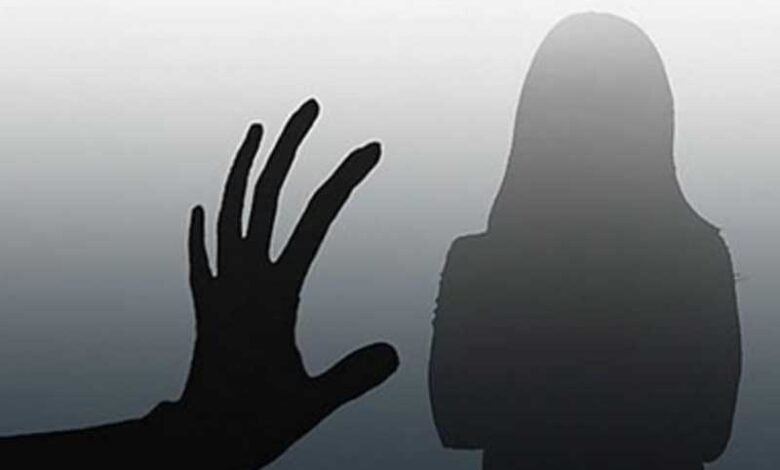Over 75% believe kids at major risk of sexual abuse when using VR headsets: Report
About 80 per cent of people said that 13 to 16-year-olds are at major or significant risk of sexual abuse in VR immersive spaces, according to the UK-based child protection charity National Society for the Prevention of Cruelty to Children (NSPCC).

London: More than 75 per cent of people believe that 6 to 12-year-old kids are at major or significant risk of sexual abuse in VR (virtual reality) immersive spaces, a new report said on Tuesday.
About 80 per cent of people said that 13 to 16-year-olds are at major or significant risk of sexual abuse in VR immersive spaces, according to the UK-based child protection charity National Society for the Prevention of Cruelty to Children (NSPCC).
According to the researchers, VR technologies can cause people to experience “phantom touch”.
This is where the brain fills in the gaps in sensory input and causes the body to experience sensations similar to physical touch, meaning kids who experience VR sexual abuse might experience the physical sensation of being touched without their consent.
“These shocking findings should be a wake-up call to us all about the harm young people are facing when engaging with immersive technology,” said Richard Collard, Head of Child Safety Online Policy at the NSPCC.
“Technology will continue to progress, and so must we ensure that we can understand the existing and emerging risks that young people face in these virtual spaces,” he added.
According to the report, sex offenders are using games that simulate sexually abusing a child on the dark web and through private networks, so they can simulate abusing children online the way they would offline.
About 52 per cent of children have remained silent about the sexual abuse they have experienced.
The report also explored the broader issues of depersonalisation and disassociation in VR. Users can often experience a disassociated feeling when leaving an immersive space: the feeling that the world around them is not real.
“Victims have also been known to disassociate from their body as part of a trauma response. Therefore, there could potentially be a heightened risk of disassociation when a child suffers sexual abuse in a VR space. The research found that offenders also experience this disassociation,” the researchers said.




